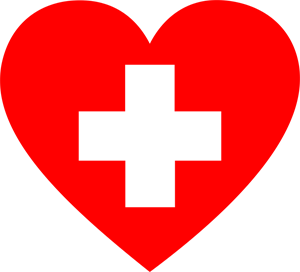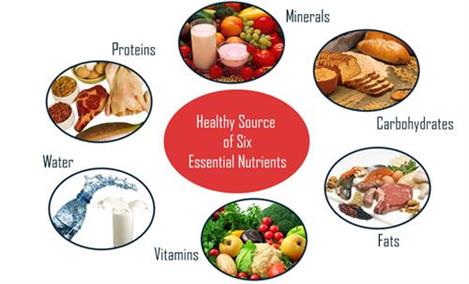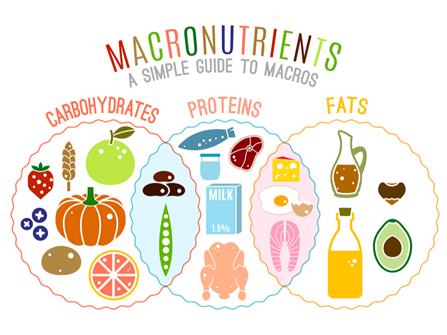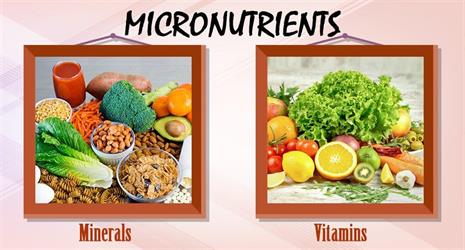
PUMPA - SMART LEARNING
எங்கள் ஆசிரியர்களுடன் 1-ஆன்-1 ஆலோசனை நேரத்தைப் பெறுங்கள். டாப்பர் ஆவதற்கு நாங்கள் பயிற்சி அளிப்போம்
Book Free DemoEver heard of the famous saying "Health is Wealth".
Health is a state of complete physical and emotional well-being. Good health is the key to happiness. World Health Organization (WHO) defines health, as
Health is a state of complete physical, mental and social well-being and not merely the absence of disease or infirmity.

Health symbol
Health is the ability to adapt to one's environment and its limitations. It is a dynamic condition that results from the body's constant adaptation and adjustment to changes in environment and stress for maintaining an inner equilibrium called homeostasis.
Hygiene is the science of establishment and maintenance of health.
Hygiene also refers to the condition or practices conducive to maintaining health and preventing disease.

Hygiene
Regularly brushing your teeth is an essential part of good oral hygiene. Hygiene is the practice of keeping yourself and the surroundings clean, especially to prevent illness or the spread of diseases. In addition, hygiene is the foundation of healthy living.
What is food?
Food is a tool for good health. Food is a substance consumed by organisms for nutritional support. In other words,
Anything that an animal, plant, or human eat to nourish their body for proper growth and maintenance is called food.
All foods have some ingredients that make us healthy and energetic to do work. Every ingredient that we consume daily has carbohydrates, proteins, fat, vitamins, minerals, dietary fibres and water.
All these are collectively called nutrients. Food thus consists of nutrients that provide energy for growth and repair activities and bodily functions like breathing, digestion, and keeping us warm.
Components of food:
The chemical constituents present in food which provides energy, build the body, and protect from diseases are called Nutrients.
The different nutrients in food include:
- Carbohydrates
- Proteins
- Fats
- Minerals
- Vitamins
- Water

Components of food
Different nutrients can be classified as:
- Macronutrient
- Micronutrient
Macronutrient:
'Macro' means 'big'. Thus, macronutrients are nutrients that we require in larger amounts or quantities. Macronutrients include:
1. Carbohydrates
2. Fats
3. Proteins

Macronutrients of food
Micronutrients:
'Micro' means 'small'. So micronutrients are nutrients that are needed in small quantities.
1. Minerals and
2. Vitamins

Micronutrients of food
Reference:
https://pixabay.com/vectors/first-aid-medical-medicine-doctor-2789562/
https://pixabay.com/vectors/hygiene-wash-hands-washing-hands-153375/